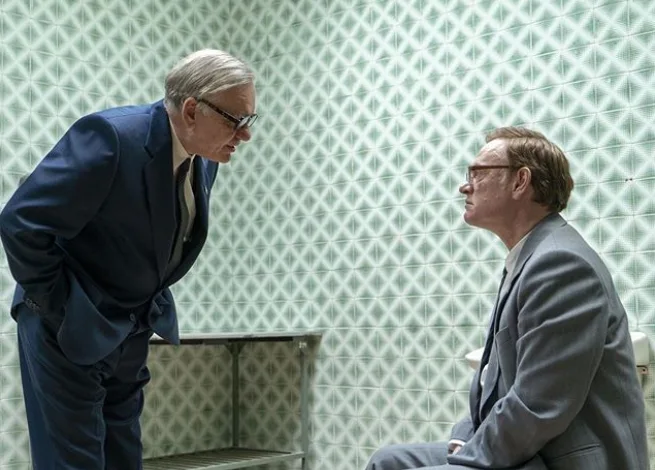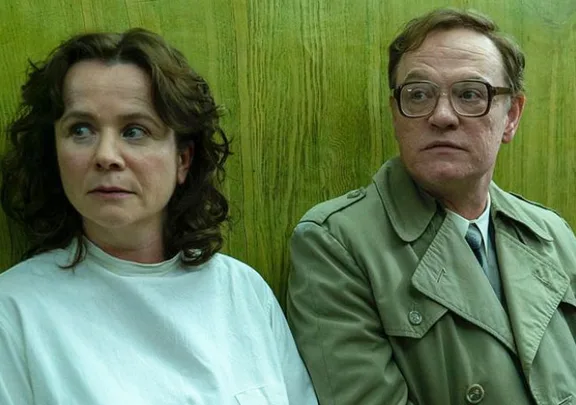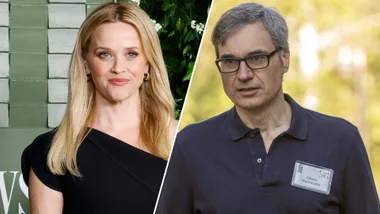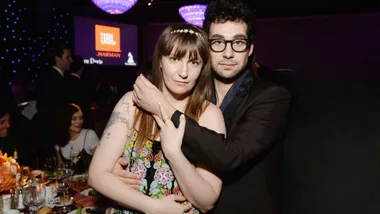HBO’s five-part miniseries Chernobyl – about the 1986 nuclear reactor explosion – has become the highest-rated show on IMDB, cementing its status as must-watch television. Further illustrating its reach, tourism to the exclusion zone in Ukraine has skyrocketed by 40 per cent since Chernobyl premiered.
Chernobyl has it’s critics though. A compelling op-ed titled; What HBO’s “Chernobyl” Got Right, and What It Got Terribly Wrong, by The New Yorker critics “its failure to accurately portray Soviet relationships of power.”
Less delicate is a piece by The Moscow Times, which launched a media-led “mini-crusade” against the series, which has become a national obsession in Russia. “The fact that an American, not a Russian, TV channel tells us about our own heroes is a source of shame that the pro-Kremlin media apparently cannot live down,” writes the Times’ Ilya Shepelin.
While another op-ed by Shepelin which leads with the statement – “Putin’s Media Struggle to Deal With HBO’s Chernobyl” – dismisses the version of events as “a caricature and not the truth.”
Russia also commenced production on its own version of the Soviet Union nuclear power plant explosion – their version will explore what Shepelin describes as a “conspiracy theory” that inserts American spies into the narrative.

The project’s director Alexei Muradov revealed that his narrative will not make heroes the scientists, soldiers, and civilians who helped prevent a further spread of radiation, but rather the KGB officers trying to thwart these CIA operatives.
“One theory holds that Americans had infiltrated the Chernobyl nuclear power plant and many historians do not deny that, on the day of the explosion, an agent of the enemy’s intelligence services was present at the station,” Muradov told The Moscow Times.
These statements from within The Kremlin just makes HBO’s series – which chronicles the ways in which Soviet leadership valued its own image above its citizens – resonate that much more.
This article originally appeared on InStyle.










